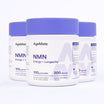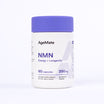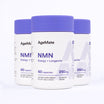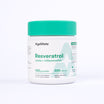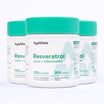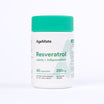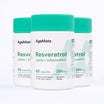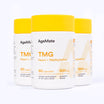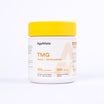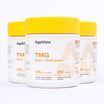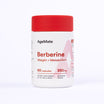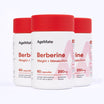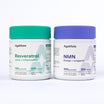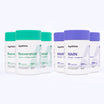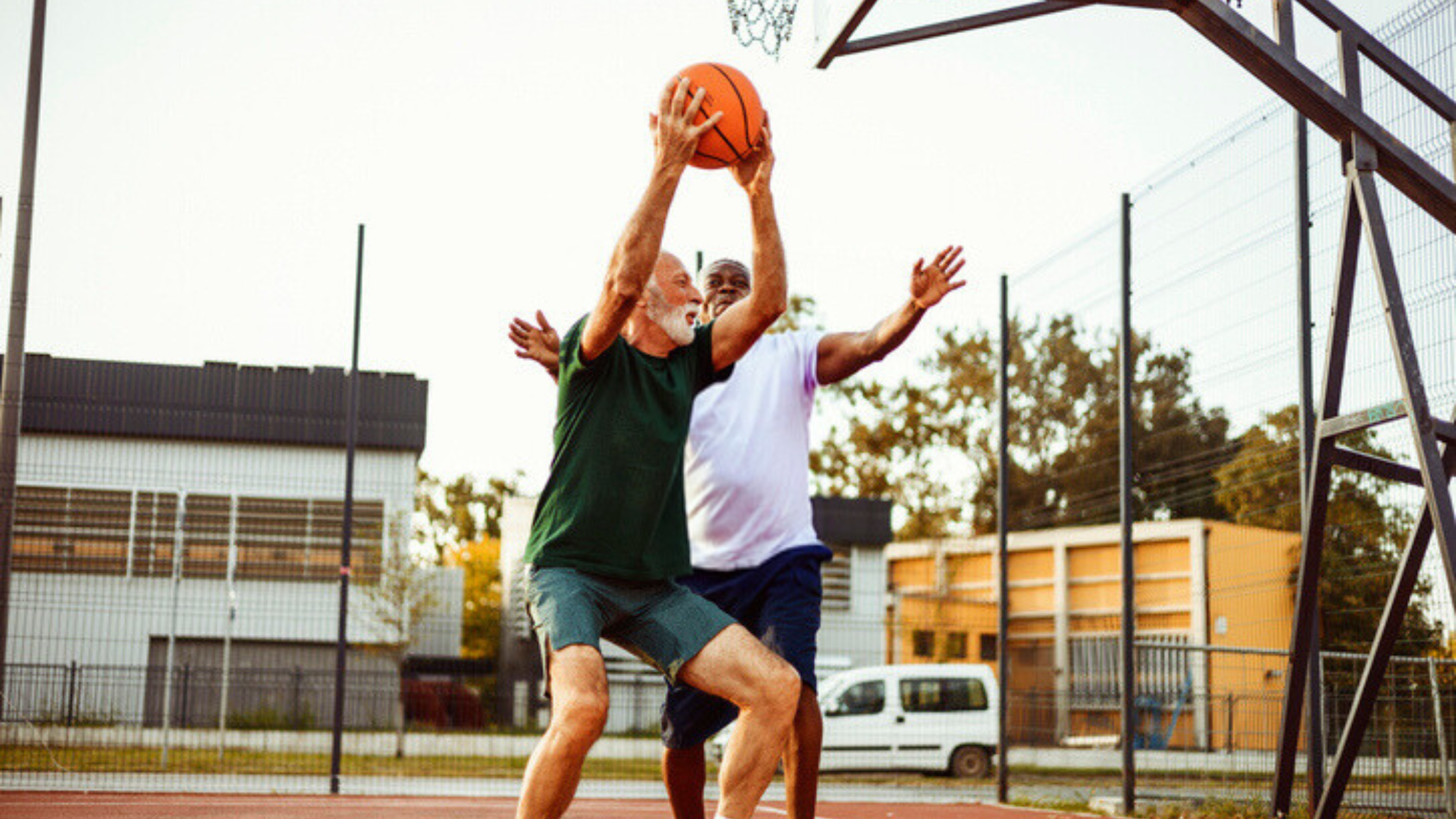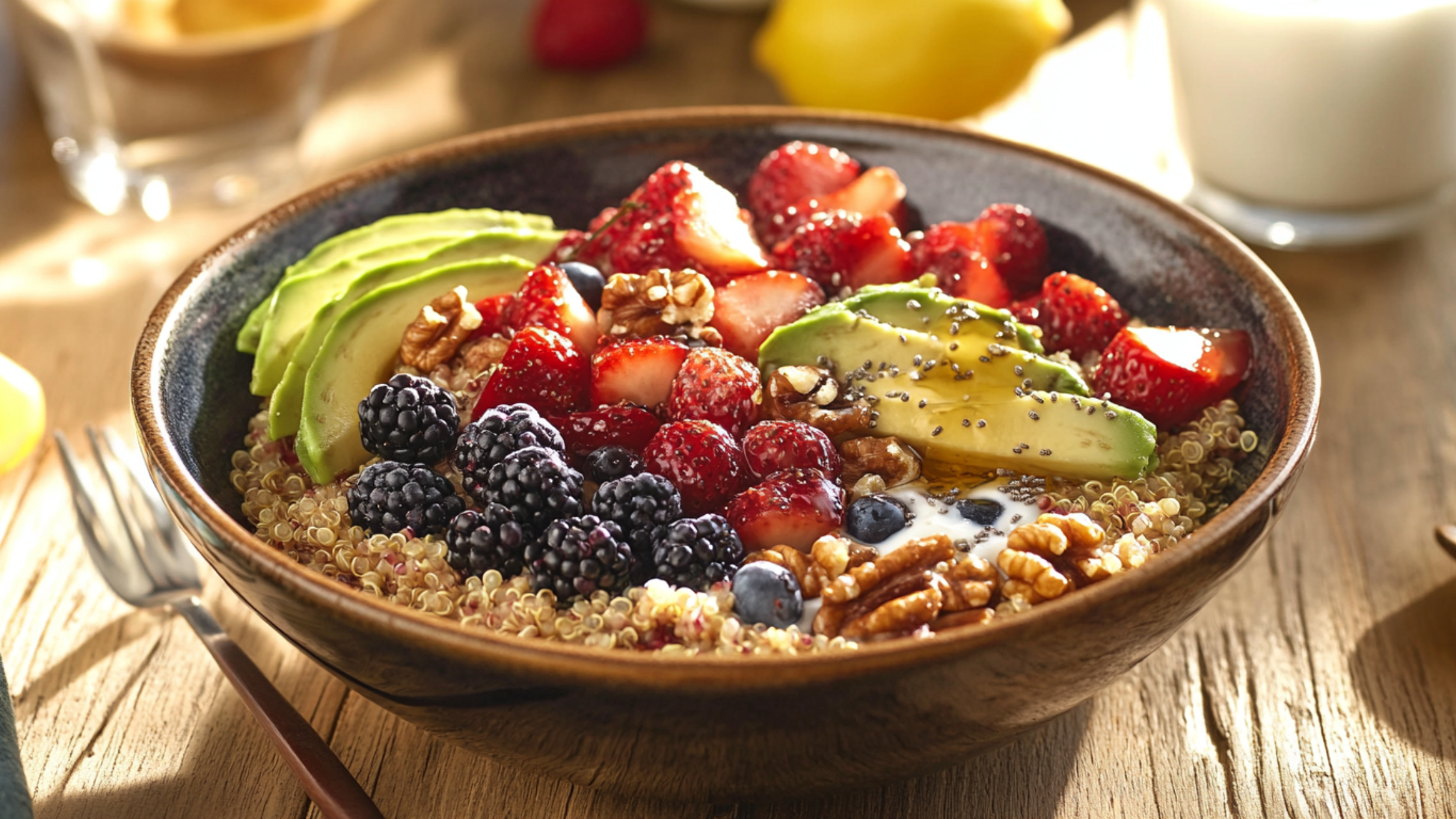Key Takeaways:
- Vitamin D plays a vital role in maintaining muscle health and preventing age-related muscle loss (sarcopenia), especially when combined with protein and exercise.
- Emerging research highlights the benefits of NMN, resveratrol, berberine, TMG, and spermidine in targeting cellular health, energy production, and inflammation to support muscle regeneration.
- Many Australians are at risk of vitamin D deficiency, making supplementation and lifestyle changes crucial for healthy ageing.
From the age of 30, adults lose 3–5% of their muscle mass every decade. This decline, known as sarcopenia, accelerates with age, impacting strength, mobility, and independence. While vitamin D is widely recognised for its essential role in muscle health, cutting-edge nutrients like NMN, resveratrol, and spermidine are showing promise in slowing muscle loss and enhancing regeneration.
Let’s dive into how vitamin D and these longevity nutrients can support your muscle health and overall vitality.

The Importance of Preventing Age-Related Muscle Loss
Maintaining muscle health as you age is essential for preserving mobility, independence, and quality of life. Sarcopenia not only increases the risk of falls and fractures but also contributes to metabolic conditions like type 2 diabetes and obesity (R).
Nutrition is key to combating muscle loss, with vitamin D emerging as a cornerstone for muscle health. Additionally, nutrients like NMN and spermidine complement vitamin D by targeting cellular ageing mechanisms, offering a powerful defence against sarcopenia.
How Vitamin D Supports Muscle Health
Vitamin D regulates calcium and phosphorus levels—both critical for muscle contraction and strength. Muscle cells contain vitamin D receptors (VDR), which promote muscle protein synthesis and repair when activated (R). Without adequate levels of vitamin D, muscle weakness and an increased risk of sarcopenia can occur.
Preventing Sarcopenia with Vitamin D
Vitamin D deficiency is linked to reduced muscle strength, increased risk of falls, and accelerated muscle loss. Clinical studies have shown that older adults with sufficient vitamin D levels experience improved physical performance and strength (R). When paired with resistance training, vitamin D supplementation can amplify muscle-building benefits (R).
Why Australians Are at Risk of Vitamin D Deficiency
Despite Australia’s sunny climate, many Australians are vitamin D deficient due to indoor lifestyles, sunscreen use, and reduced production of vitamin D in ageing skin. This deficiency is particularly common in southern regions such as Melbourne and Tasmania. A simple blood test can help determine if you need supplementation or increased sunlight exposure (R).
Additional Nutrients That Support Muscle Health
While vitamin D plays a central role, cutting-edge nutrients like NMN, NR, berberine, and TMG offer additional support by targeting cellular energy, protein synthesis, and muscle metabolism.
NMN and NR: Boosting Cellular Energy
NMN and nicotinamide riboside (NR) are precursors to NAD+, a molecule essential for cellular energy. Declining NAD+ levels with age contribute to muscle atrophy. Supplementing with NMN or NR can restore energy production, enhancing muscle repair and endurance (R).
Berberine: Optimising Muscle Metabolism
Berberine supports muscle recovery by activating AMPK, a key energy regulator. It also reduces oxidative stress and promotes healthy metabolism, protecting against sarcopenia (R).
TMG: Supporting Protein Synthesis
Trimethylglycine (TMG) aids protein synthesis and cellular repair through methylation. Studies show it improves strength and lean muscle mass, especially when combined with resistance training (R).
Combining Vitamin D and Longevity Nutrients with Lifestyle
Exercise: A Must for Muscle Health
Resistance training is essential for preventing muscle loss. Pair it with vitamin D and longevity nutrients to maximise results. Aim for at least two strength-focused sessions weekly.

Protein: The Building Block for Muscles
Consuming 1.2–1.6 grams of protein per kilogram of body weight supports muscle repair and growth (R).
What Does the Research Say?
Clinical Evidence
Studies show vitamin D supplementation improves muscle strength and balance in older adults (R). Research on NMN, resveratrol, and spermidine highlights their ability to boost mitochondrial function and muscle regeneration (R).
Tips for Maintaining Muscle Health
- Get Sunlight: Aim for 10–20 minutes of sun exposure daily.
- Incorporate Nutrients: Include vitamin D-rich foods and consider longevity supplements.
- Stay Active: Engage in resistance training and daily movement.
- Monitor Levels: Test your vitamin D and NAD+ levels regularly.
Your muscles are the foundation of your vitality. By prioritising vitamin D and incorporating longevity nutrients, you can slow muscle loss and enjoy a healthier, active lifestyle as you age.
Ready to strengthen your body and mind? Explore more tips in our blog on: 5 Tips For Building Muscle After 40 and Mistakes to Avoid.



